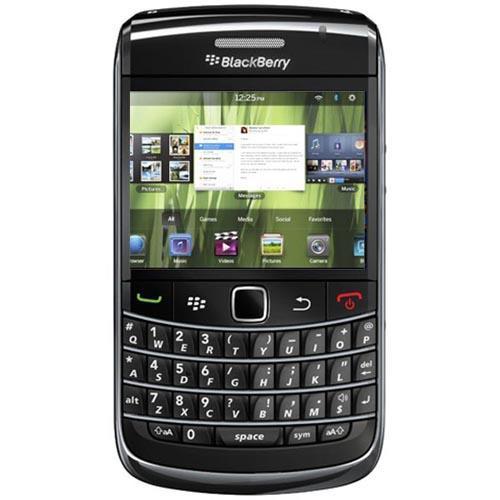
Is RIM for sale? No, not really. And it sounds like the executives at the Waterloo-based company don’t really want to be “for sale,” either. Which is fine, since there are options out there; and there are people who want those options to work out. But, while options are great, there needs to be something actually done about it. Just talking, or saying how you want to do it all on your own can only get you so far. Especially when you’re doing it on your own and nothing seems to be working out. So, what needs to change? A change of management? Maybe. (Probably.) But, maybe it’s something bigger. Maybe Nokia and Microsoft should try a bit harder to buy the BlackBerry manufacturer.
If you’ll recall, a report came out that Microsoft and Nokia had jointly considered buying Research In Motion sometime over the summer of this year. While it would seem logical for Microsoft/Nokia to buy RIM, it apparently didn’t work out. There are probably plenty of reasons out there, but the most talked-about one is how RIM just decided that they weren’t for sale, and wouldn’t be for sale. Fantastic news, as long as we go with the idea that RIM has a trick up their sleeve, which they will unveil with a burst of energy next year. Early next year, that is. Anything later, like near the “late 2012” launch of the first BB10 devices and it’s too late.
And maybe that’s why the purchase by Microsoft is actually really, really important. We’ll get to the details here in a moment, but let’s take a swing at the bigger picture first. RIM isn’t Microsoft. And how I mean that is that time isn’t on RIM’s side. At all. People have a different outlook on the future of Research In Motion, and it’s not this “slow and steady wins the race” approach at all. People are talking about RIM’s downfall, and it’s apparently imminent.
So, those details I mentioned above. Truthfully, I think Tim Bajarin put it pretty clearly at Techpinions: RIM still has assets that the corporate world wants, like security. Research In Motion still has BlackBerry Messenger, which is still the staple of that instant messenger-like texting service. Sure, there are alternatives, but BBM is still the most talked-about. It’s still the most trusted within the corporate world, and it’s something that RIM truly does have up their sleeve. It’s this service, connected with the security that RIM offers, that the corporate world still craves, and that the BlackBerry name still offers.
But obviously Apple and even Microsoft are encroaching on that territory, and fiercely. So how does RIM get it back? Honestly, there might not be any coming back for RIM. Not on their own. The company has tried so hard to find this sweet spot between the corporate world and the general consumer that they’ve lost their footing altogether. That’s why a “bail-out” of sorts, specifically from Microsoft seems almost essential. Microsoft’s presence in the market, and with Windows Phone stepping towards the corporate market on its own time, could give RIM the boost of life-fluid that they need.
RIM wants to still be around and there’s nothing wrong with that. Obviously, like we said above, there are still options. Those options exist because people want RIM to succeed. But, while RIM wants to do this on their own, they might need a little help. But, the biggest thing is that RIM needs to be able to accept that help is essential, even if it’s not the “do it yourself” option.